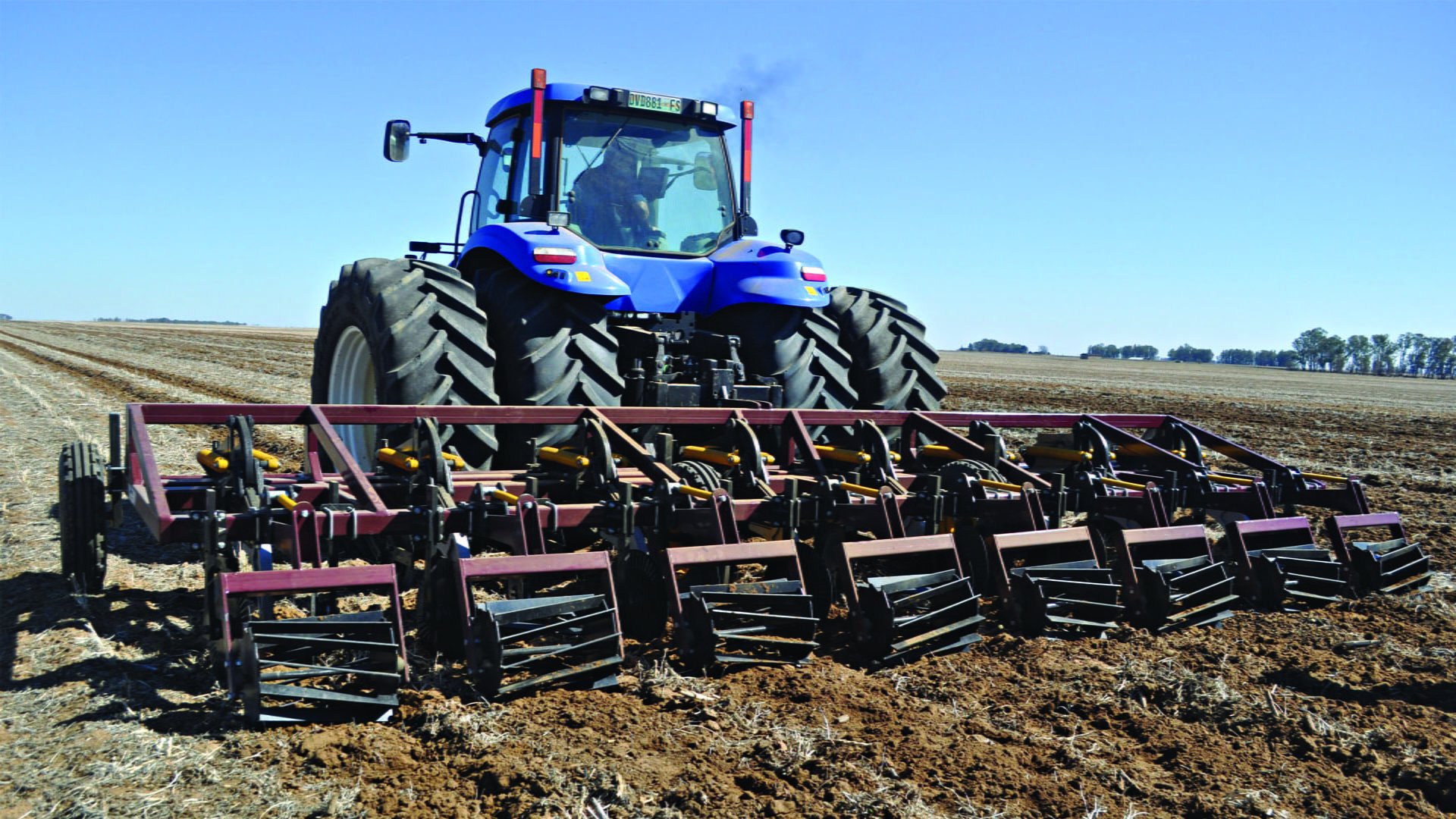Agriculture continues to be a very reliable source of sustainable growth for the continent of Africa because it has repeatedly shown to be a constantly expanding industry with enormous, endless potential for economic benefit.
It can undoubtedly be said to be the engine that propels the industrialization of African nations, and as a result, it leaves a lot to be desired given the huge economic potential it offers.
No nation has ever advanced industrially without expanding its agricultural industry. Consequently, agriculture will drive African economies since it has a wide range of effects, including those on food security, rural economies, political stability, fundamental nutrition, and job development.
Research suggests that Ghana imports $2.3 billion worth of food annually. This, considering how arable the land is with seasonal rain and sunshine conducive for food production, leaves much to be desired.
On the sidelines of the Economic Commission for Africa Conference of African Ministers of Finance, Planning and Economic Development in Addis Ababa, the African Centre for Economic Transformation launched the African Transformation Report, 2017 dubbed, “Agriculture Powering Africa’s Economic Transformation”. The report contained interesting insights on agriculture on the continent.
From the report, Africa’s farmers are usually seen as poor people although there are lots of opportunities that could change their fortunes with the right targeted support and investments in the industry.
It will interest you to know that African farmers have only 10 tractors per 100 hectares, while in India the ratio is 120 tractors per 100 hectares. This can be improved by strengthening already initiated steps jeered towards modernization agriculture at the farm level.
At the heart of the African agricultural revolution, however, is boosting productivity. Asian countries first started their economic transformation through a green revolution. There are examples that show that it can be done in Africa as well. When we take the Kpong irrigation scheme in Ghana, for instance, it now produces 4.5 metric tonnes of rice per hectare, which is at par with Asia’s production level.
Such feats can be achieved to boost economic value acquired from agriculture through its continued business and industrialization processes. Thus, focusing on the processing, warehousing, distribution, marketing, and retailing of farm produce and the many new technologies, tools, and methods that are used.
This in turn makes agricultural processes efficient and highly productive thereby maximizing economic returns. The two sectors of industrial growth and agriculture are essentially interconnected.


Comments are closed.